Substance Abuse & Addiction Recovery Programs With Direct2Recovery
We’ve helped hundreds of people recover for more than 10 years
Here for you if you’re struggling with any kind of substance use disorder
Opioid Dependency
Opioid addiction is a dangerous and potentially deadly condition that often requires long-term drug abuse treatment. Opioid dependence with withdrawal is caused by using opiate-based drugs such as OxyContin®, oxycodone, heroin, and fentanyl.
Learn More >
Alcohol Dependency
Those who suffer from an addiction for alcohol have developed both a physical and psychological dependence that creates a compulsion to drink even when they don’t want to. Alcohol abuse treatment is needed for complete withdrawal.
Learn More >
Stimulant Abuse
Stimulant abuse can include recreational substance use of drugs such as cocaine and methamphetamine, as well as prescribed medications frequently used for ADD and ADHD, such as Adderall and Ritalin.
Learn More >
Prescription Medication Abuse
Any use of prescription drugs that is not intended by the prescriber is abuse. This substance use disorder includes everything from taking a friend’s painkiller for your backache to snorting or injecting ground-up pills to get high.
Learn More >
What does substance use disorder look like?
Opioids, stimulants and other medications are powerful drugs that affect both the body and mind of people afflicted with substance use disorder. What may start as a legitimate prescription drug treatment can unknowingly transform into full-blown addiction.
As tolerance grows, changes take place in the brain. People lose control and begin using compulsively. They no longer use substances to get high but to simply feel normal and avoid sickness from withdrawal. In desperation, they often resort to stealing other medications, or buying more potent, less expensive drugs such as heroin or street fentanyl. This cycle of dependence can often lead to serious illness and eventual death.
Thankfully, there is hope. Compassionate, comprehensive treatment is available through Direct2Recovery. Call and make an appointment for your personal assessment today.


What to expect while in addiction recovery & treatment programs
We strive to make every patient feel comfortable and welcome from the start. We have years of experience with substance use disorder treatment and addiction for alcohol. We understand how much you are suffering and the pain you’re going through. We don’t believe your disease is your fault, and we know you can recover.
We take a caring, compassionate and understanding approach to treating your substance use disorder. We get to know you, learn your case history, assess the depth of your dependency, and determine a course of drug rehabilitation or alcohol abuse treatment that is best suited to you.
We encourage you to have hope. We have over 10 years of experience that proves you can recover. Call and make an appointment for your personal assessment today.
We accept most major insurances
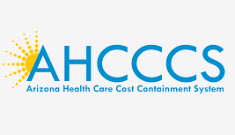
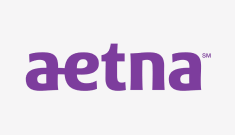
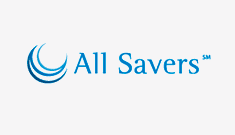
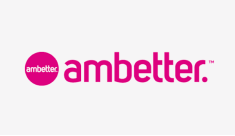
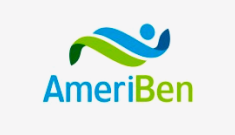
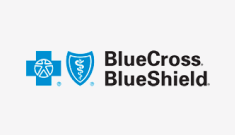
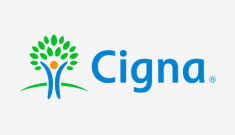
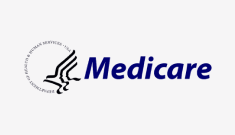

Frequently Asked Questions About Addiction Recovery Programs
Substance abuse programs duration can vary. A short-term program might last 30 days, while long-term treatments can extend to 90 days or more. How long an individual will need to stay in an addiction recovery program will depend on their specific situation and progression.
Yes, drug treatment programs are confidential. High-quality treatment programs respect their clients’ right to privacy and confidentiality. Staff must adhere to strict privacy laws and regulations to ensure that an individual’s treatment details are kept private.
The effectiveness rate of substance abuse programs varies from 70 to 89 percent. Long-term commitment to recovery and lifestyle changes are crucial for effectiveness. Clients enrolled in programs that offer personalized treatment plans, continuous support, and aftercare often have higher success rates.
Many substance abuse programs recognize the impact of addiction on loved ones and the role they play in the recovery process. As a result, most addiction treatment programs include family therapy and support groups in their treatment protocols. Families receive education about addiction, communication strategies, and ways to support the individual’s recovery journey.
Addiction is typically considered a chronic condition. While these programs can’t ‘cure’ addiction, they equip individuals with tools and strategies to develop effective coping strategies for managing their addiction and maintaining long-term sobriety.
After completing drug or alcohol treatment programs, most individuals will need ongoing support to manage their new sobriety. For this reason, most treatment facilities offer aftercare programs like support groups, ongoing therapy, or sober living environments. These services help clients maintain their recovery, offer continued support, and reduce the risk of relapse.
Many programs offer financial assistance, sliding scale fees, or accept insurance. Additionally, some government and non-profit organizations provide grants or subsidies to help cover costs for those in need.
